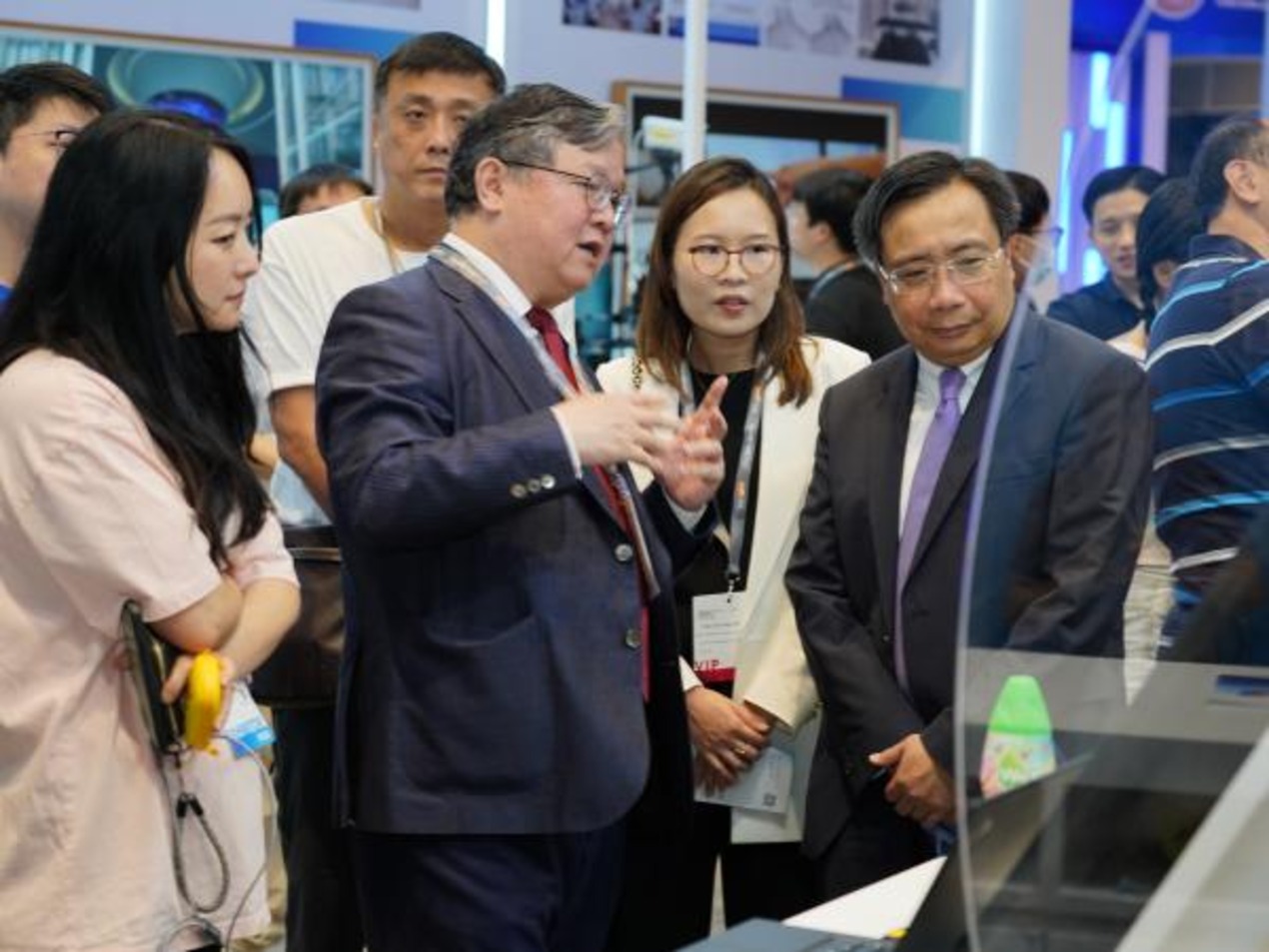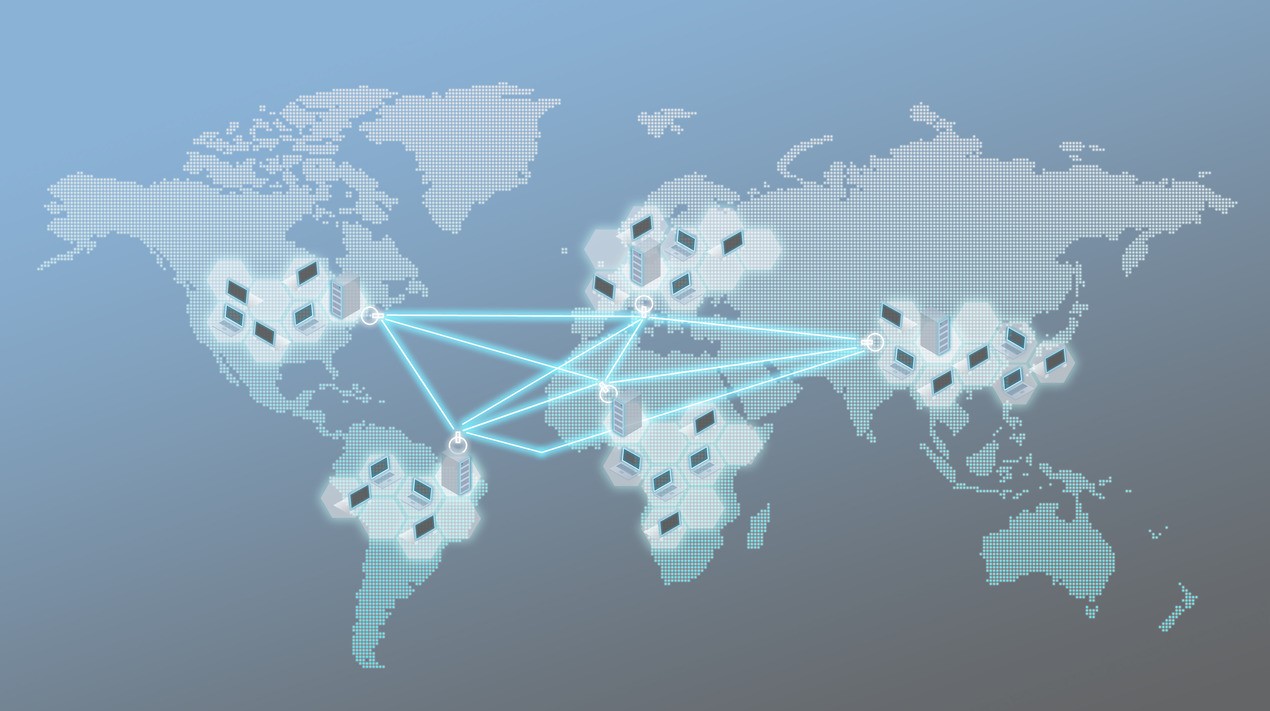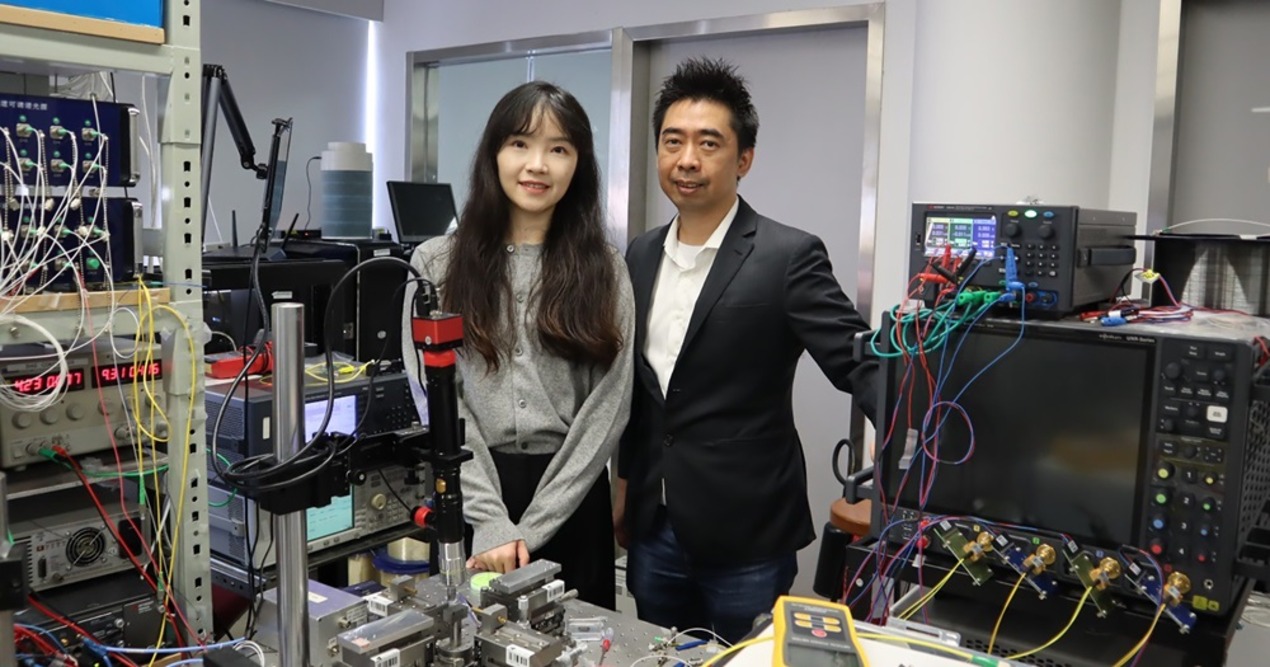
Cybersecurity has gained a lot of attention in the last
couple of years, no thanks to the increasing number of high profile
cyberattacks across the globe. As more and more nations embark on smart city
projects such as India’s Smart Cities
Mission, reliance on data and connectivity will continue to rise
dramatically across geographies and industries, giving cyber criminals even
more avenues to carry out malicious activities.
Today, cyber criminals are as sophisticated as ever and
both governments and organizations are finding it hard to keep up. Cyberattacks
are increasing in scale, just think of the Equifax
breach which affected millions of Americans and more recently, the attacks on
the Pyeongchang
Winter Olympics. These attacks are possible because cyber criminals are
becoming more strategic at targeting vital data across the healthcare, finance,
and public sector verticals, raising the costs and stakes involved. In fact, according
to the World Economic Forum (WEF), the cost of cybercrime to the global economy
is currently estimated at $445 billion a year [1].
In this turbulent landscape, technology companies not only
need to make cybersecurity a priority in the development of their solutions, but
they also need to re-instill confidence in the market so that the progress of
economies and smart cities or nations are not curtailed by the fear of cyberattacks.
To do this, a multi-pronged strategy and concerted effort across governments
and organizations is required.
Outsmart the enemy
The dearth of cybersecurity professionals will continue to
plague the industry as the cybersecurity sector’s global workforce shortage is
projected to reach 1.8 million by 2022 [2],
while the amount of data collected, analyzed, and stored will continue to
increase exponentially. This means that there are simply not enough humans to
process the data for cybersecurity detection and prevention.
The good news is, cybersecurity vendors are accelerating
their research and ramping up solutions to meet today’s challenges. One major
trend we are seeing is the implementation of Machine Learning (ML) and Artificial
Intelligence (AI) to detect and respond to cyberattacks.
One example is Apache
Spot, an open source cybersecurity
project that uses ML as a filter for separating bad traffic from benign and to
characterize the unique behavior of network traffic, giving organizations the
ability to analyze large data sets quickly, leading to better and faster threat
detection.
The revival of AI and ML is a rosy
development for Chief Security Officers (CSOs) as it can help address several
of their common pain points. If we can offload tasks to ML and AI, while
harnessing the scarce human expertise for decision-making, our cybersecurity
infrastructure can become more robust and cost-efficient.
The bottom line is, all solution
providers, be it Internet of Things (IoT), fintech, biotech, or data analytics,
must make innovation in cybersecurity a priority in the development of their
solutions to stay one step ahead of cyber criminals and meet customer
expectations.
All together now
There is also an urgent need for public and private stakeholders
to carry out diplomatic dialogues and share threat intelligence as cybercrime
is not something that can be dealt with in silo. Unlike physical crimes, it is
not bound by geography or jurisdiction and cyber criminals will have no qualms with
exploiting the weakest link to launch regional or even global attacks.
Recognizing that cybercrime cannot be
tackled unilaterally, information-sharing platforms have sprung up around the
world, such as the Cyber-security Information Sharing
Partnership (CiSP) in the United Kingdom and the National
Cybersecurity and Communications Integration Center (NCCIC) in the
United States. Closer to home, the recent Cyber Security Summit 2018
held in Mumbai served as a platform for the public and private sectors to discuss
the scale and nature of cyber threat and how stakeholders can work together to
develop effective counter measures. These are all positive developments that
require the critical support of all stakeholders to prevail and governments
should take the lead in promoting a landscape of collaboration and transparency
to catalyze action and change.
Today, the odds are not in our favor and
we need to move away from the reactive approach to cybersecurity that we are
long accustomed to. Instead, we should adopt a proactive approach encompassing
robust cybersecurity infrastructures built on the latest technology, coupled
with the collective efforts of all stakeholders in contributing to an open and
cohesive environment that this region’s smart city building efforts can rely on
as a backdrop for progress.
[1] World
Economic Forum, Cybercrime, 2017
[2] Center for
Cyber Safety and Education, Meet the Millennials,
2017





















